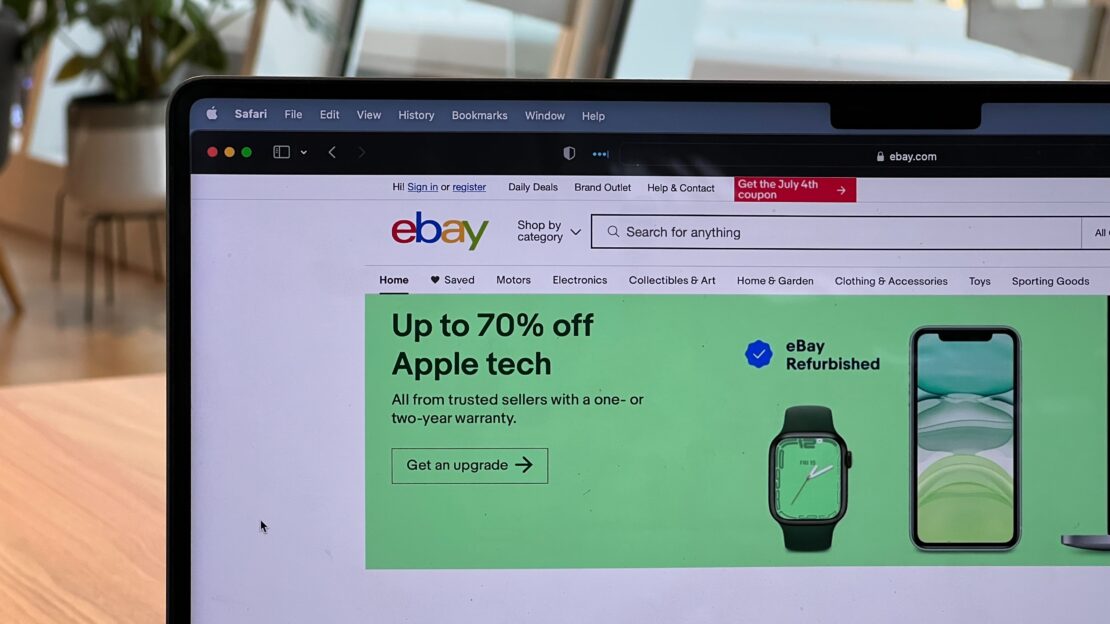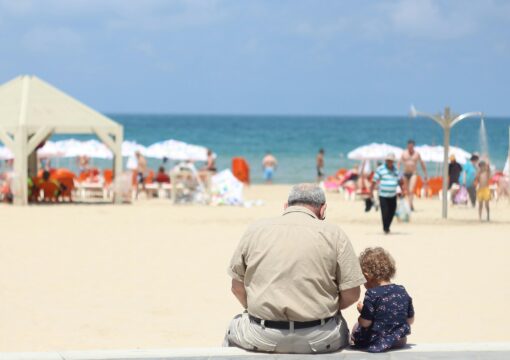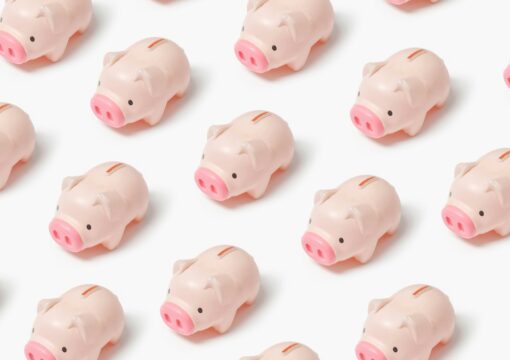If you’re making money from online ‘side hustle’ activities, you might be obliged to pay more tax in the future…
From 1 January 2025, digital platforms such as eBay, Airbnb, Etsy and Vinted will have to routinely collect and report sellers’ income to HMRC.
This will affect a multitude of people selling products/services including freelance work, second-hand clothes, craft items, food delivery, short-term accommodation, taxi hire and even renting parking spaces.
The background
The world’s economy has evolved, due in part to the Coronavirus pandemic, with an increased amount of people working from home and selling their services through freelancing websites. Alongside this there is a burgeoning market in online sales of goods.
The UK has signed up to the Organisation for Economic Cooperation and Development (OECD) in an effort to locate unpaid taxes. Although, HMRC has already been able to request information from digital platforms operating in the UK, joining the OECD will certainly increase scrutiny in this area, with sellers treated more like traditional businesses.
It’s worth noting that in countries other than the UK, that have also signed up to the OECD, digital platforms will be collecting information on UK-resident sellers to provide to HMRC. This means that activities such as renting a holiday property abroad will be reported.
The specifics
You will be affected by this change if you are considered to be a ‘trader.’ This means you make/buy goods with the intention of selling them.
Digital platforms (any app, website or other type of software that connects sellers to the consumers of their goods and service) will be required to routinely share information to HMRC by the end of January 2025.
These details might include: name, address, date of birth, national insurance number, tax ID, bank account details, transaction value, transaction volume, fees paid.
Note:
- Online sellers already paying tax will not be affected by this measure.
- An annual £1,000 tax-free allowance is available to individuals for money made through property.
- An annual £1,000 tax-free allowance for ‘trading’ income is also available to individuals, including self-employed work, casual services (babysitting, gardening, etc.) and hiring personal equipment. This applies to income before it’s adjusted for platform fees, not necessarily what you end up with.
- Digital platforms will only be required to pass on your data if you’re selling more than 30 items, or if you earn over an equivalent of €2,000 (currently around £1,700), per year. Regardless of this, you must still pay tax if you earn over £1,000.
- An annual £7,500 tax-free allowance (Rent a Room scheme) is available to people letting out furnished accommodation in their home, which is halved if they share the income with a partner or other person.
- People earning below the thresholds above may not have to fill in a tax return, but should keep records in case they are requested.
Although this measure may seem like a significant departure, people were already required to pay tax on profits above £1,000 made by these methods. What’s changed is that HMRC will be monitoring your earnings with greater scrutiny, due to more routine/regulated exchanges of information.
You should also note that selling high value items (sets of items) for over £6,000 may mean you are liable to Capital Gains Tax, but you won’t have to pay Income Tax as well. It’s one or the other.
The impact
It’s estimated that 2 to 5 million businesses who provide their services via digital platforms will be affected, but the impact on each seller is expected to be small.
Whilst this measure has primarily been instigated to catch people evading tax, the government has framed the changes positively, stating that the reforms will mean sellers receive more detailed information from the platforms they are using, consequently making complying with their tax obligations easier.
Others have been more critical of this new policy, saying that this deprives people on low incomes of an additional resource for making money. As well as this, if individuals wish to re-sell expensive items, they will be additionally taxed, having already paid VAT when they originally bought them.
Tax expert at the Association of Taxation Technicians, Emma Rawson, has advised anyone who thinks they might fall above the relevant thresholds to contact the tax authorities:
‘Don’t wait for that letter to come through, or for HMRC to contact you, it’s always better if you think there may be tax for you to pay to declare that upfront as there may be penalties involved if not.’
Unsure how this will affect you?
If you think you might be affected by the changes covered in this article and require some guidance on how best to manage your money according, please contact us and a member of our team will be happy to assist you.







